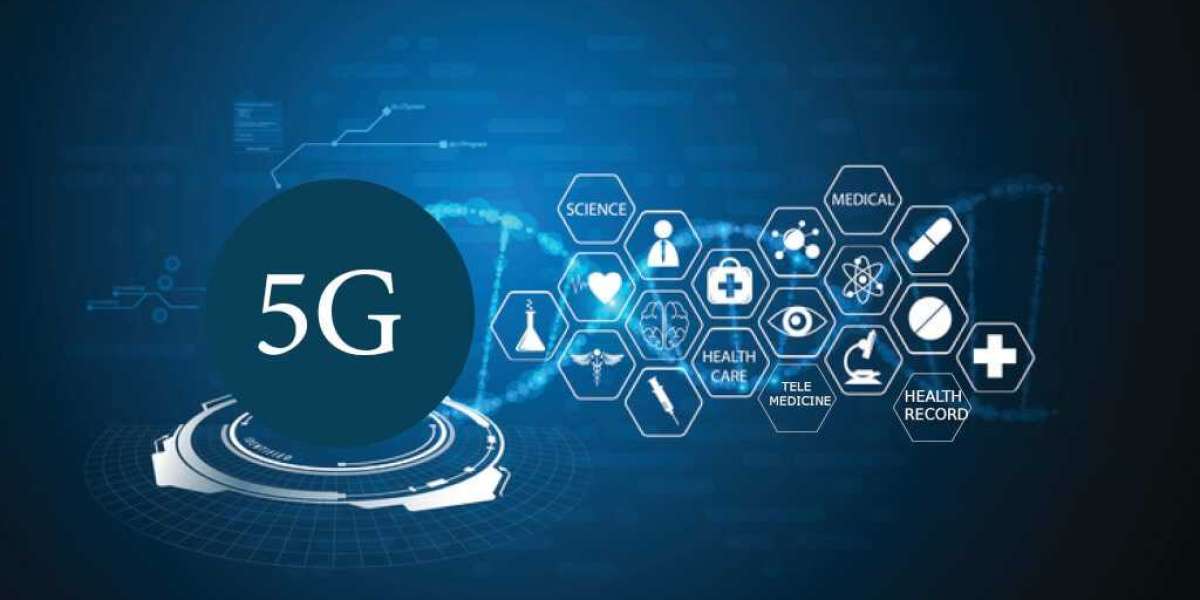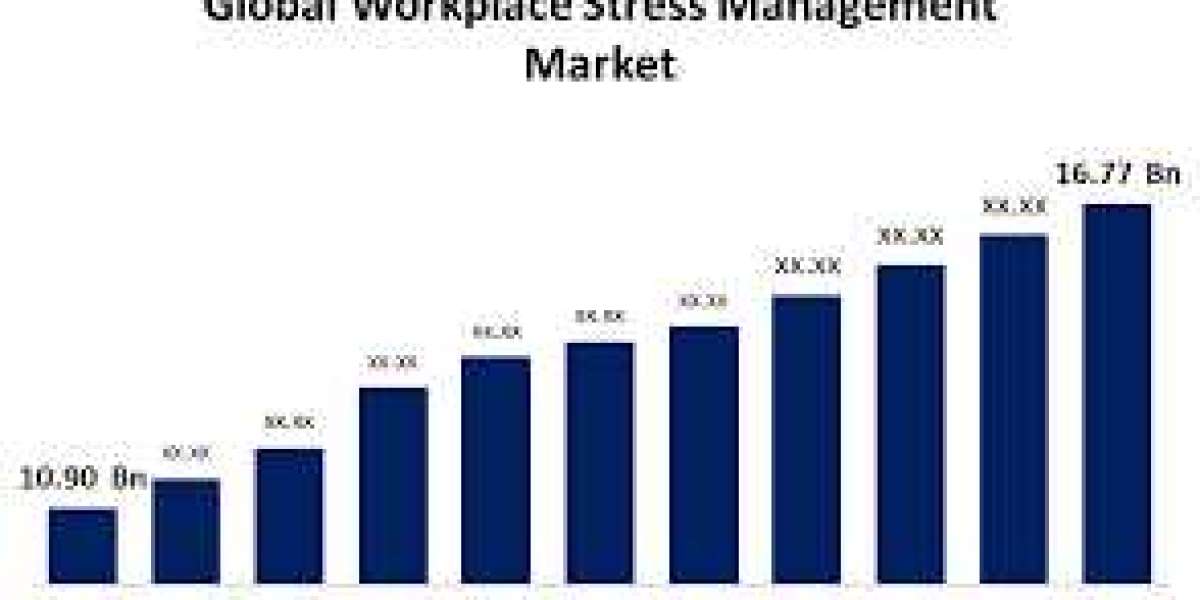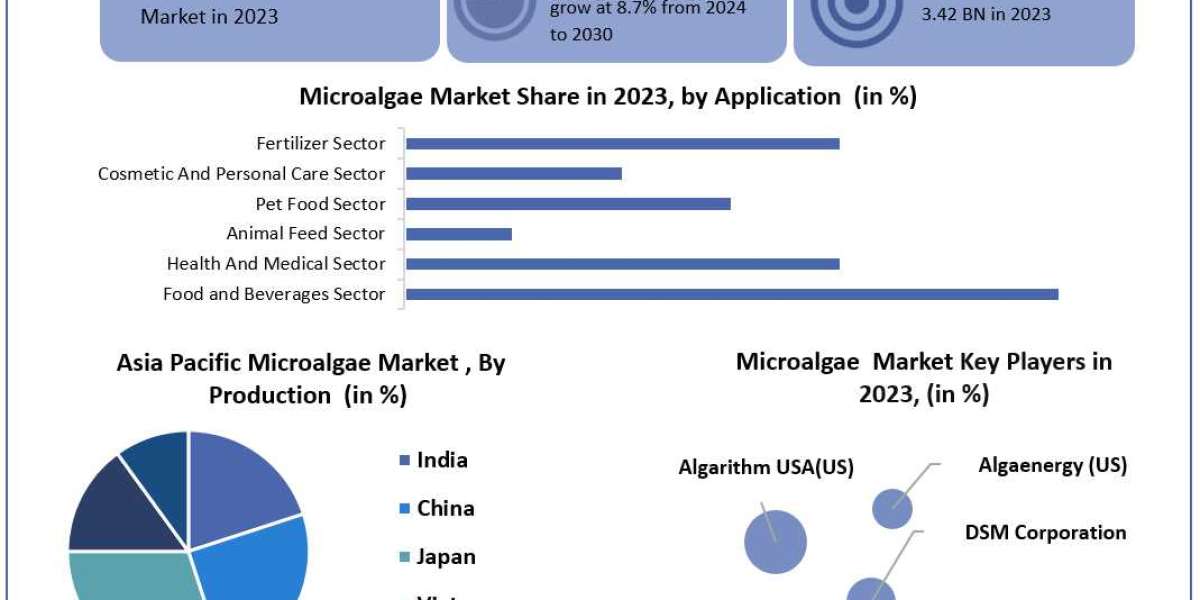5G In Healthcare Market Overview
The growing use of telemedicine and robotic surgery is propelling the global industry. The 5G In Healthcare Market is growing due to a number of factors, including advancements in telecommunication, the use of 5G technology in wearable medical devices, the ability of 5G technology to transfer large patient data files quickly, and the availability of low-cost sensors. The market is expanding as a result of increased investments made by the government and major industry participants in the rollout of 5G in the healthcare sector. For example, in 2021 the Indian government introduced a unique incentive program to help 75 telemedicine and digital health firms.
With the advent of 5G technology, telehealth and telemedicine services should see tremendous development. 5G makes it possible for patients and doctors to communicate crucial health information and have high-definition video chats in real-time virtually. This eliminates the need for individuals to travel great distances to hospitals and clinics in order to receive high-quality healthcare services in remote and rural areas. Due to 5G's low latency characteristics, surgeons can perform surgeries and other procedures remotely while receiving real-time feedback.
Get a Sample Copy of Report, Click
https://wemarketresearch.com/reports/request-free-sample-pdf/5g-in-healthcare-market/86
Top companies in the 5G In Healthcare Market are,
- ATT
- Samsung Electronics
- Ericsson, NEC
- Huawei Technologies
- Capsule Technologies
- T‑Mobile USA, Inc.
- Cisco Systems, Inc.
- Telus Communications Inc.
- Telit, Orange S.A
- Telefónica, S.A.
- SAMSUNG, BT Group
- NEC Corporation
- Qualcomm Technologies
- , NTT Docomo Inc.
- Verizon, and Others.
5G In Healthcare Market Segments:
Based on Component
- Connectivity
- Hardware
- Services
Based on Application
- Connected Ambulance
- AR or VR
- Asset Tracking for medical devices
- Connected Medical Devices
- Remote Patient Monitoring
- Smart Wearables
- Tele-Robotics
Based on End-Users
- Healthcare Providers
- Healthcare Payers
- Others
5G in Healthcare Market Trends:
Growing Acceptance of Robotic Surgery and E-Medicine Drives Market Growth:
ICTs have the ability to decrease expenses, enhance the quality of care, make data exchange easier, offer patients and healthcare providers advice on more effective treatment modalities, promote a new user interface, and shorten travel times. Concerns around surgeon and patient cross-contamination have led to a growing use of e-medicine and robot-assisted treatments since the epidemic. Telehealth requires a network to deliver high-quality, real-time audio and video; at this time, a faster network, or 5G, is needed. Given this, according to Ericsson's analysis, service providers addressing the 5G revolution in healthcare may potentially earn up to USD 100,000 million by 2026. The predicted revenue can be produced by robotic treatments, mHealth, virtual remote clinics, and remote monitoring.
With the creation of 5G websites, apps, and gadgets for averting serious incidents, predictive healthcare is starting to become a prominent trend. Future surgery is expected to be performed by 5G-assisted robots, as robotic surgery is being tested more and more.
The handling of patient data becomes more complex as the number of patients rises, and 5G is being called upon to facilitate the seamless flow of data between hospitals and between doctors.
5G in Healthcare Market Dynamics:
Driver: Increasing adoption of telehealth and robotics surgery:
Growth in the market is mostly being driven by the growing use of robotic surgery and telehealth. Precision and efficiency in patient diagnosis and treatment are enhanced by telehealth and robotic surgery. The convenience and safety of patients are increased by these technologies' ability to monitor them remotely. In order to provide more effective healthcare services, 5G deployment will allow for quicker and more dependable communication between physicians and patients. Also, 5G technological advancements will allow for remote surgery, which will eliminate the need for costly and time-consuming in-person procedures. Better patient access to care and lower healthcare expenses will result from this.
Opportunity: Role of AI in 5G healthcare:
Thanks to its increased speed, decreased latency, and enhanced data accuracy, 5G technology has completely changed the healthcare industry. Healthcare professionals may now swiftly and precisely access and evaluate patient data thanks to it. The healthcare industry stands to benefit greatly from the integration of AI and 5G technologies. Automating repetitive processes using AI frees up healthcare professionals to concentrate on delivering better care. AI can be used to help healthcare providers make educated judgments, as well as to develop individualized treatment plans for patients and analyze data to find anomalies and disease outbreaks. Additionally, medical picture analysis can be done with AI to swiftly and precisely identify possible health problems. Healthcare providers may offer more affordable, better-quality care by combining 5G and AI.
5G In Healthcare Market Challenges:
Security Concerns: There is a higher chance of cyberattacks and data breaches due to 5G's improved connectivity and data transmission capabilities. Ensuring the security of medical devices and networks and safeguarding confidential patient data become crucial.
Infrastructure Costs: A significant amount of money must be spent on the deployment of 5G infrastructure, which includes tiny cells and high-speed networks. Healthcare companies can have trouble paying for these upgrades, particularly if they operate smaller facilities or in remote locations where connectivity problems are already common.
Interoperability: Systems for healthcare frequently comprise a number of hardware, software, and platform components from several manufacturers. In order to facilitate effective data sharing and communication, standardization activities may be necessary to ensure smooth compatibility between these technologies and 5G networks.
Frequently Asked Questions:
- How big is the 5G in Healthcare Market?
- What is the 5G in Healthcare Market Growth?
- Who are the key players in 5G in Healthcare Market?
Purchase a Copy of this 5G In Healthcare Market research report
https://wemarketresearch.com/purchase/5g-in-healthcare-market/86?license=single
About We Market Research:
WE MARKET RESEARCH is an established market analytics and research firm with a domain experience sprawling across different industries. We have been working on multi-county market studies right from our inception. Over the time, from our existence, we have gained laurels for our deep rooted market studies and insightful analysis of different markets.
Get More Insights: https://wemarketresearch.com/



